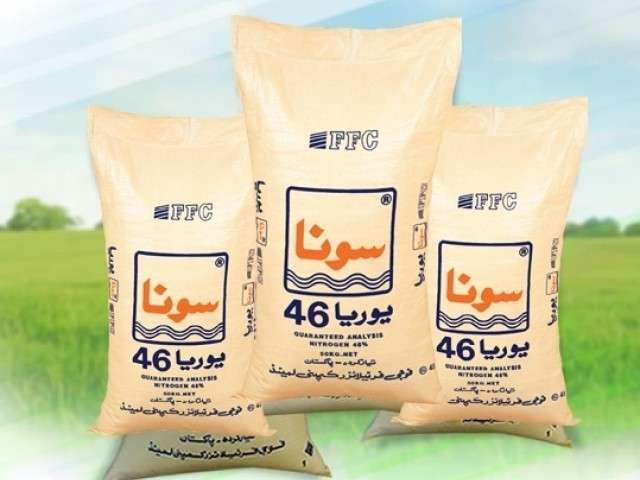 Country cannot afford urea imports
Country cannot afford urea imports
LAHORE: Pakistan would have to spend approximately Rs452 billion annually on account of urea import if government decides to close down the industry by permanently disconnecting gas to seven fertiliser plants with an annual production capacity of 6.9 million tonnes.
This was stated by Shahab Khawaja, Executive Director Fertiliser Manufacturers Pakistan Advisory Council (FMPAC) on Tuesday.
He said that the cost of importing 6m tonnes of urea for the country would be approximately Rs312bn and if the government also decides to subsidise this imported urea, as is the practice so far, it would need an additional Rs140bn to match the prevailing urea prices.
“Our current economic condition doesn’t allow us to spend approximately Rs452bn on urea import, given the fact that our country is self-sufficient and we can even export our additional production for earning foreign exchange,” he said.
“Out of 4.3bn cubic feet daily gas production, fertiliser sector’s total allocation is just 818mmcfd. What it actually gets is 600mmcfd through Mari and SSGC network as all four fertiliser plants on SNGPL network with 240mmcfd gas allocation remained shut down for over 300 days throughout 2012,” Khawaja explained. He said that the gas allocated at Mari Network is low mmbtu gas (inferior quality gas) which cannot be used for power generation or domestic consumption hence this low mmbtu gas field is being utilised by domestic fertiliser plants saving it from being wasted.
He said that gas allocation for fertiliser sector is not just for the seven plants but it is for the agriculture sector of the country that repre-sents 21.4pc in the GDP and also ensures food security of 190 million people of the country.
“If we permanently shut down our fertiliser plants as being propagated by some interest groups, not only more than $10bn investment in the sector would be lost, but national kitty would also be deprived of Rs28bn of tax money annually.
Khawaja said that by producing urea locally, Pakistan is not only saving billions of dollars foreign exchange annually but is also providing affordable urea to farmers that helps in keeping the crops production cost in control.
In 2012, average difference between domestically produced and imported urea price was Rs1,015 per bag.
The government provided price differential through concessionary feed gas of Rs250 per bag subsidy and the remaining Rs765 per bag is passed on to farmers by the sector.
Instead of closing down any sector of the economy, the government should focus on cost benefit analysis of using gas for different sectors of the economy.
“Fertiliser industry sector is the ‘most energy efficient in comparison to others which include power sector, industries, captive power plants and CNG sector,” he stressed.










Add comment